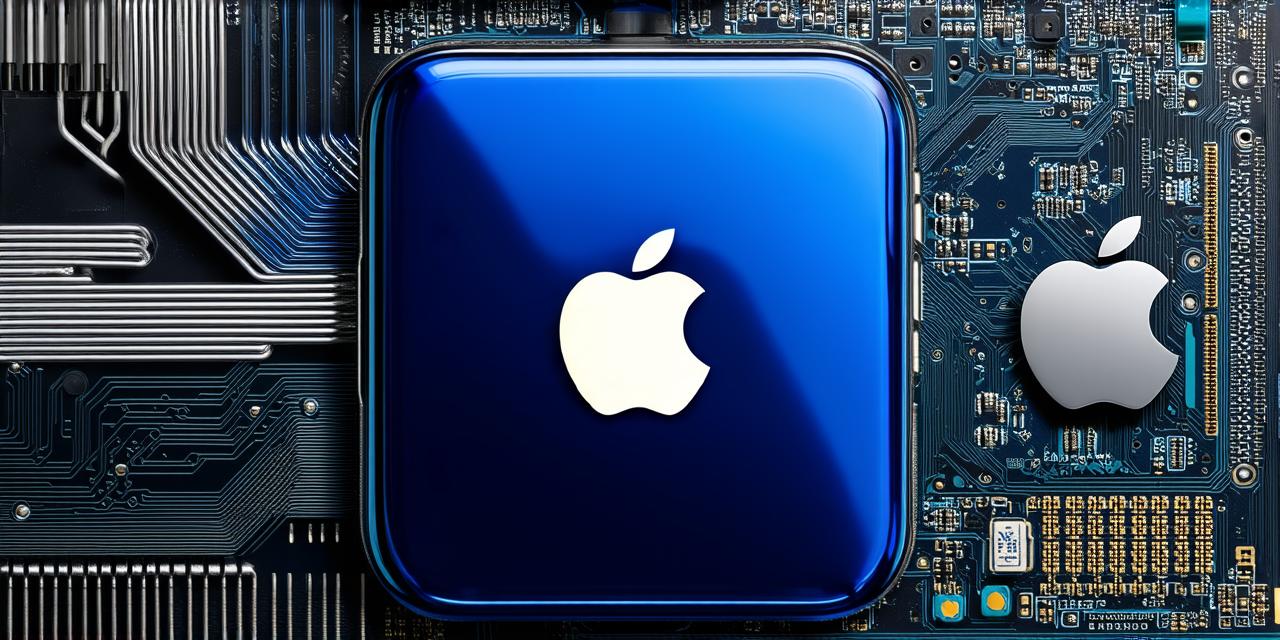The Evolution of iOS: A Brief Overview
Apple first introduced iOS in 2007 as a mobile version of its Mac OS X operating system. It was designed specifically for touch-based devices such as the iPhone, iPad, and iPod touch. The first version of iOS was simple and basic, with only a few key features such as phone calls, texting, email, and web browsing. However, over the years, iOS has evolved into a powerful and versatile platform that is capable of running a wide range of applications.
The Latest Release: iOS 14
The latest release of iOS was version 14, which was released on September 16, 2020. It introduced several new features and improvements over the previous version, including a redesigned home screen interface, new widgets, improved privacy controls, and enhanced support for third-party apps.
What’s Next for iOS: Expected Release Date and Features
Apple typically releases new versions of iOS in the fall, so it is likely that the next version will be released sometime in late 2021 or early 2022. The exact release date is not yet known, but we can expect it to be announced at the company’s annual developer conference, WWDC, which typically takes place in the spring.
Some of the features that are rumored to be included in the next version of iOS include:
* Improved virtual reality (VR) and augmented reality (AR) support
* Enhanced privacy controls, including the ability to block cross-site tracking
* Support for 5G networks
* New widgets and improvements to existing ones
* Integration with Apple’s fitness tracker, the Apple Watch
* Improved multitasking capabilities
The Importance of Staying Up-to-Date with iOS Releases
As an iOS developer, it is essential that you stay up-to-date with new releases and updates to the operating system. This is because each new version introduces new features and improvements, as well as changes to the underlying architecture of the platform. These changes can affect your applications in significant ways, so it is important to test them thoroughly before releasing them to the public.
In addition, staying up-to-date with iOS releases can help you take advantage of new technologies and tools that are introduced with each version. For example, iOS 14 introduced several new features related to augmented reality, which can be used to create more immersive and interactive applications. By staying up-to-date with these changes, you can stay ahead of the curve and take full advantage of the latest technologies.
Case Studies: Successful iOS Developers Share Their Experiences
To get a better understanding of how developers can benefit from staying up-to-date with iOS releases, let’s look at some real-life examples of successful apps that have taken advantage of new features and improvements in recent versions.
1. Instagram: The popular photo-sharing app has taken advantage of several new features in recent iOS releases. For example, it has added support for 5G networks, which allows for faster data transfer speeds and improved performance. In addition, the app has introduced new AR filters that allow users to add creative effects to their photos and videos.
2. Zoom: The video conferencing app has also taken advantage of several new features in recent iOS releases. For example, it has added support for 5G networks, which allows for higher-quality video and audio during calls. In addition, the app has introduced a new feature called “Meeting Recording with Cloud” that allows users to automatically record meetings and store them in the cloud for later playback.
3. Snapchat: The popular social media app has also taken advantage of several new features in recent iOS releases. For example, it has added support for AR filters and lenses, which allow users to add creative effects to their photos and videos. In addition, the app has introduced a new feature called “Snap Map” that allows users to share their location with friends and see where they are.
Summary
In conclusion, iOS is the most widely used mobile operating system in the world, and staying up-to-date with new releases and updates is essential for developers. The next version of iOS is expected to be released sometime in late 2021 or early 2022, and it is likely to include several new features and improvements over the previous version. By staying informed about these changes and testing your applications thoroughly, you can stay ahead of the curve and take full advantage of the latest technologies.

